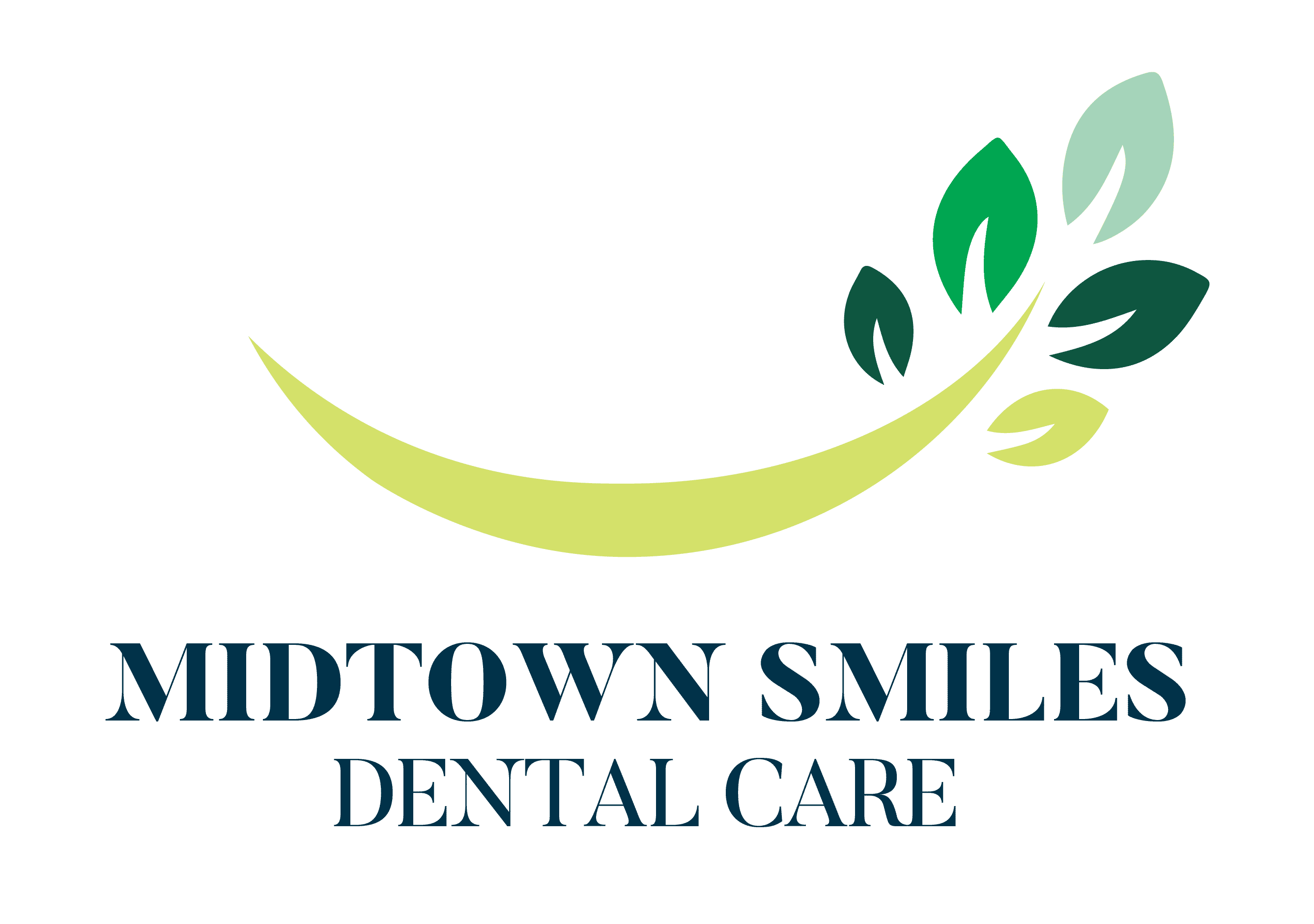10 Tips for Taking Care of Your Braces
Ensuring the health and proper function of your child’s smile is a priority for any parent. While braces are often a common part of adolescence, it’s helpful to know if your child might need orthodontic treatment. Here are some signs that could indicate a visit to the orthodontist is in your child’s future.
1. Early or Irregular Loss of Baby Teeth
Typically, children start losing their baby teeth around age six, with all of them gone by age twelve. If your child loses teeth too early, too late, or in an unusual pattern, it could signal developmental issues that might benefit from orthodontic intervention. Regular dental visits can help determine if there’s cause for concern.
2. Abnormal Bite
An abnormal bite occurs when teeth do not meet correctly. If your child’s teeth meet improperly, it can lead to issues such as excessive wear, fractures, or even tooth loss over time. It’s important to address this early to prevent further complications.
3. Crowded or Misplaced Teeth
Crowded, irregular, or severely misaligned teeth are common signs that braces might be necessary. Severe crowding, especially when teeth overlap, could indicate that the jaws are too narrow. Early intervention can create necessary space, reducing the likelihood of needing to extract adult teeth later.
4. Prolonged Thumb Sucking
Habits like thumb sucking or pacifier use beyond age two can cause significant oral development issues. If these habits persist past age four, they can affect tooth alignment and jaw growth. Addressing these habits early can prevent long-term problems.
5. Issues with Chewing or Biting
Observe your child while they eat. Difficulty chewing or frequent biting of the tongue and cheeks can indicate orthodontic issues. These problems can lead to digestive issues if food is not properly chewed.
6. Biting the Roof of the Mouth
A severe overbite or deep bite can cause your child to bite the roof of their mouth, potentially leading to gum irritation or tissue damage. This condition should be addressed to avoid more severe complications.
7. Mouth Breathing
Mouth breathing can influence jaw and teeth development. Addressing this habit early can prevent future orthodontic issues. It’s a topic of growing importance in orthodontics due to its long-term impact on oral health.
8. Jaw Problems
– Shifting Jaws: A shifting jaw might result from premature contact between teeth and can often be corrected with braces.
– Protruded or Receded Jaws: Significant jaw misalignment should be treated early to guide proper development.
– Noisy Jaws: Sounds from the jaw may indicate an improper bite, which can lead to imbalance and discomfort.
The Importance of an Early Orthodontic Consultation
According to experts, children should have their first orthodontic consultation around age seven. At this age, a mix of baby and permanent teeth allows orthodontists to evaluate how the smile is developing and to intervene if necessary. Early consultations can help curb bad habits and guide jaw growth, ensuring more effective treatment in the future.
If you’ve noticed any of these signs in your child and they are around the age of seven or older, consider scheduling an orthodontic consultation. Orthodontic treatment can lead to a healthier, straighter smile and a properly functioning bite. Early intervention ensures long-lasting and stable results.
For professional orthodontic evaluation and to see if your child could benefit from braces, contact Midtown Smiles Dental Care (519) 576-7262 to schedule your complimentary consultation today.
Schedule an appointment today! We’ll help your child become a superhero of oral health, keeping those cavities at bay!


